How can academic research systems enable more diverse profiles and career paths for academics? How can research assessment better recognize quality, content, creativity, and social relevance of research? Can academics be better rewarded for individual and team-based contributions, where appropriate?
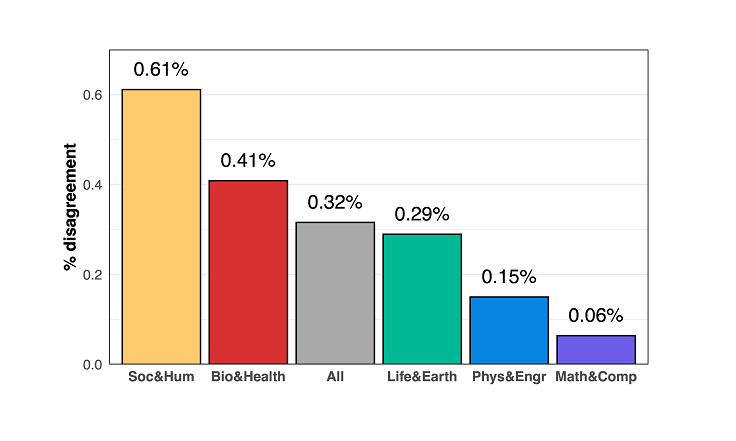
Whether in publications, seminar Q&As, or on Twitter, scientists tend to disagree. Although many topics have broad consensus—human-caused climate change and the link between smoking and cancer being but two—even the most settled knowledge was at once the subject of debate. The history of science is littered with such examples.
Since the mid-1990s, excellence initiatives in higher education have become part of the world's political discourse. Many governments have spent billions of euros in an effort to transform national higher education systems and achieve the so-called "world class". The effectiveness of these programs is a subject of scientific and policy debate now.
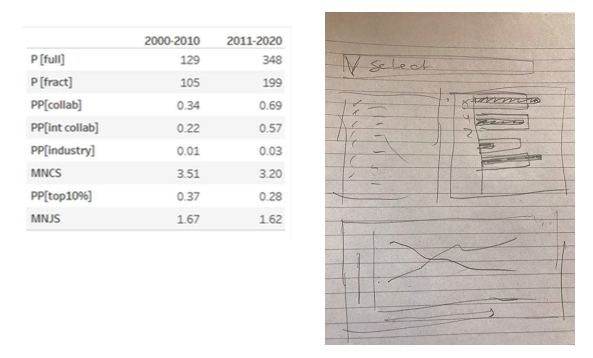
A large part of our daily work at CWTS consists of collecting, analyzing and presenting data - be it in our research, for institutional projects, or for our research agency. Over the years, CWTS has paid particular attention to developing conversational and participatory approaches to understand science and its dynamics.
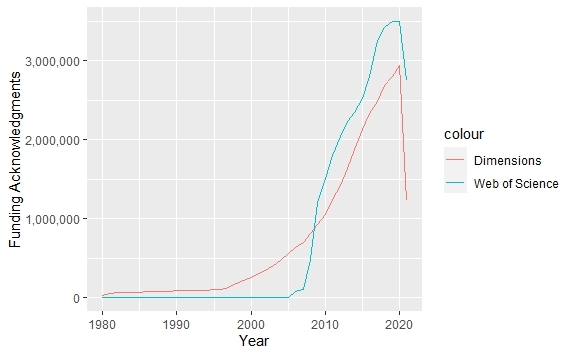
Funding data (and the funding database) Funding acknowledgements are a familiar component of scholarly publications. In most cases, authors use this segment of the publication to list any grants, programs or other forms of financial support that made the research possible. In some cases, authors also use this space to express gratitude for any personal support they have received.
Bibliometric maps have been created for decades to provide overview of research and to make it possible for researchers to study different aspects of the research landscape, such as collaboration patterns, structure of research fields and citation relations. Several tools have been created that make it easy to create maps from bibliographic records imported from different data sources. Using these tools, maps can be created without any coding.
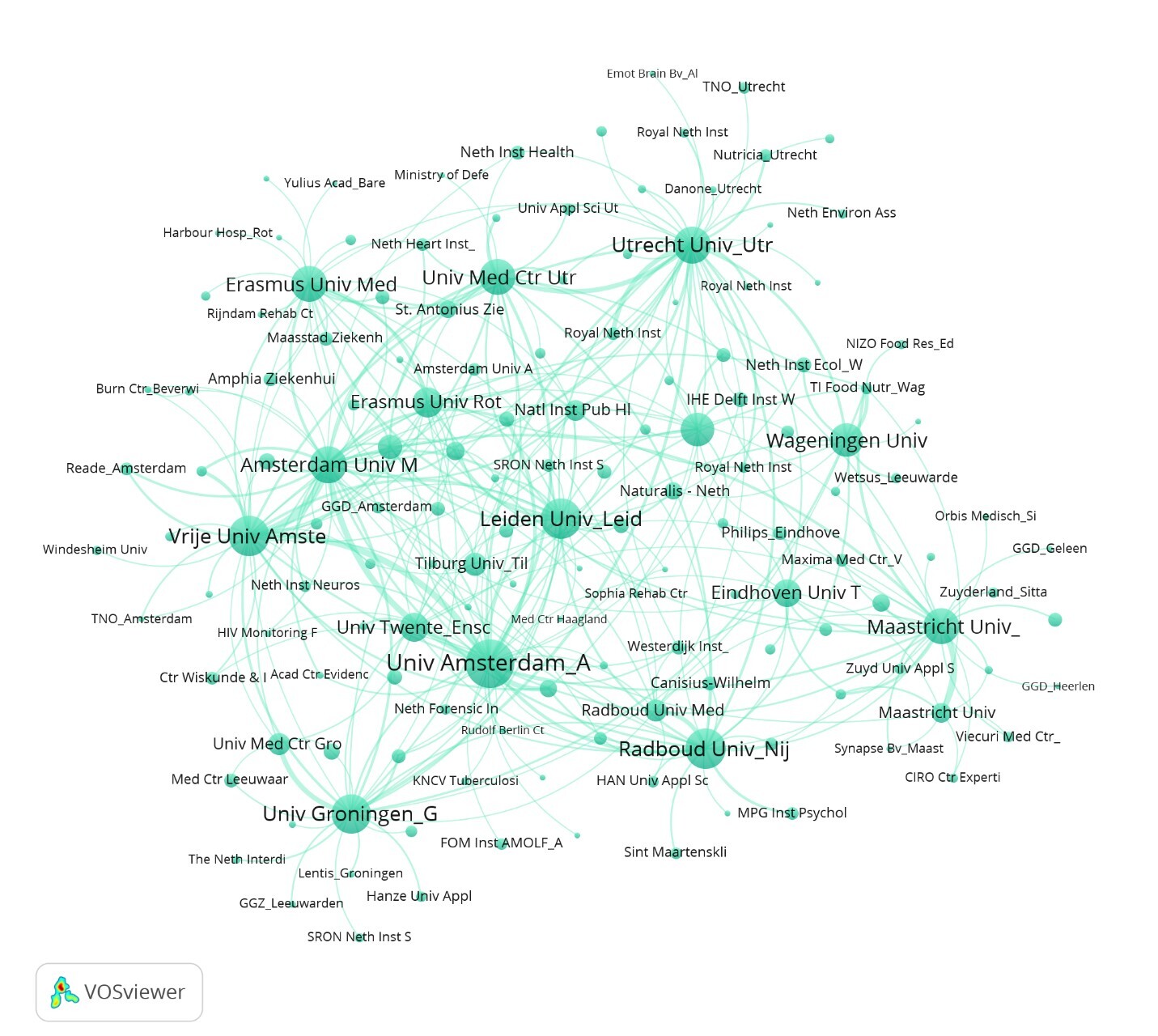
To tackle today’s societal challenges requires research collaboration across organizations and disciplines. Making research collaborations work is not always easy, especially when collaborations involve diverse organisations and stakeholders who do not necessarily share the same logics and objectives.
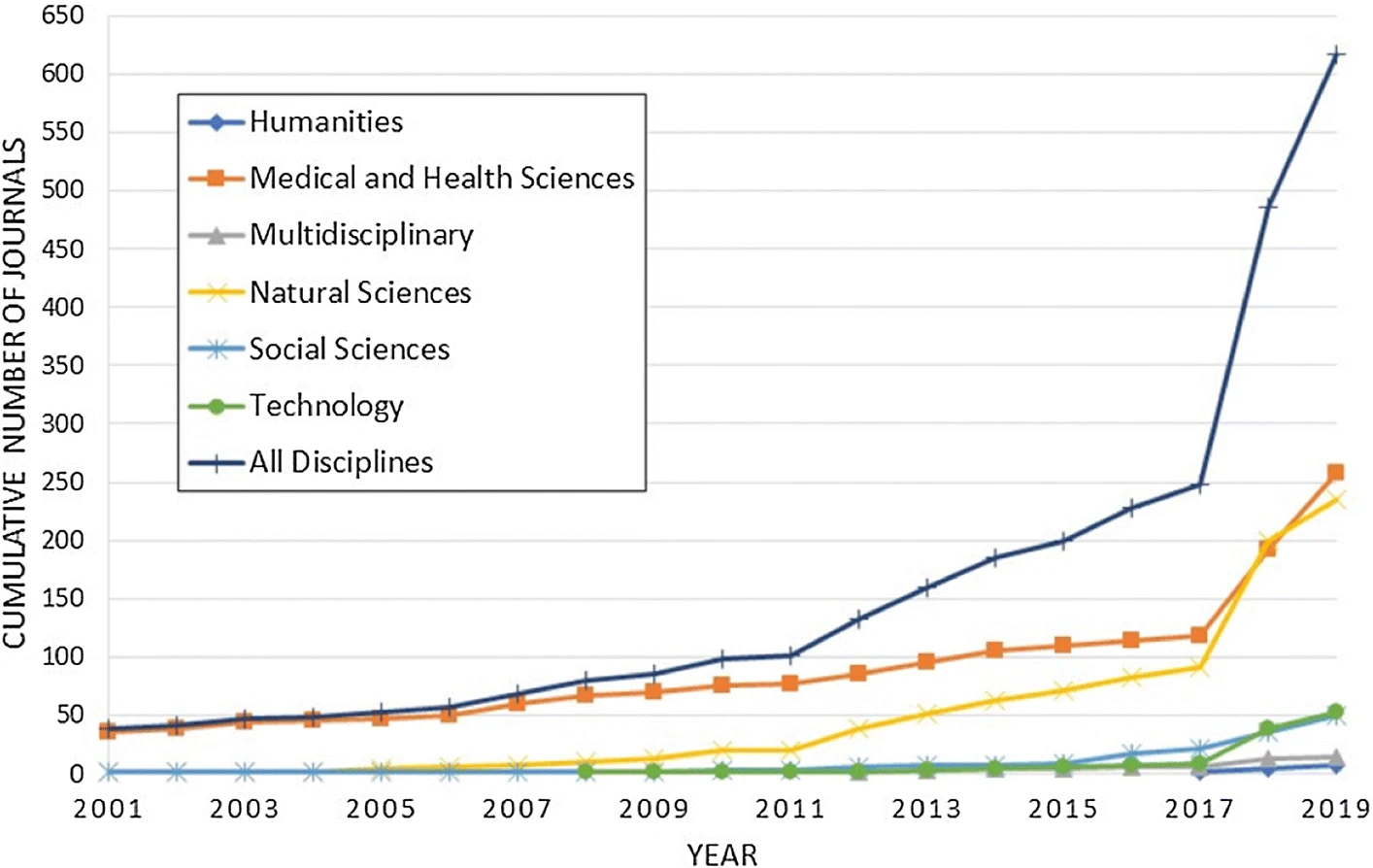
Peer review: Time well spent? Peer review is a time-consuming activity. In 2020 I received 73 invitations to review a new article submitted to a scientific journal. On average, reviewing an article, both the original version and possibly also subsequent revised versions, probably takes me about seven hours in total. I am in the fortunate situation of being able to invest a significant amount of time in peer review.
The Case of Marine Social Science The health of oceans and marine environments – key to both the climate and the global economy - is receiving growing societal attention.
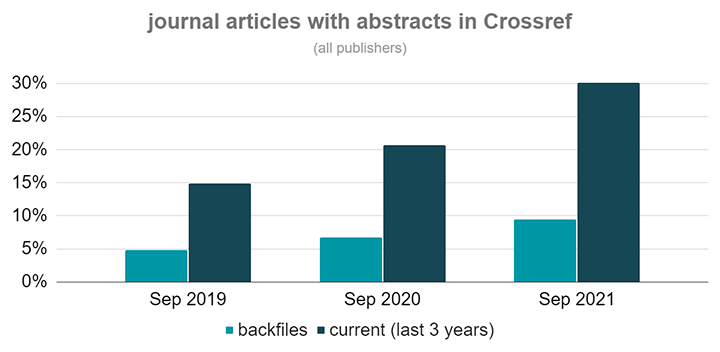
On September 24 last year, the Initiative for Open Abstracts (I4OA) was launched. We started the initiative together with a group of colleagues working in the publishing industry, for scholarly infrastructure organizations, at university libraries, and at science studies research centers.